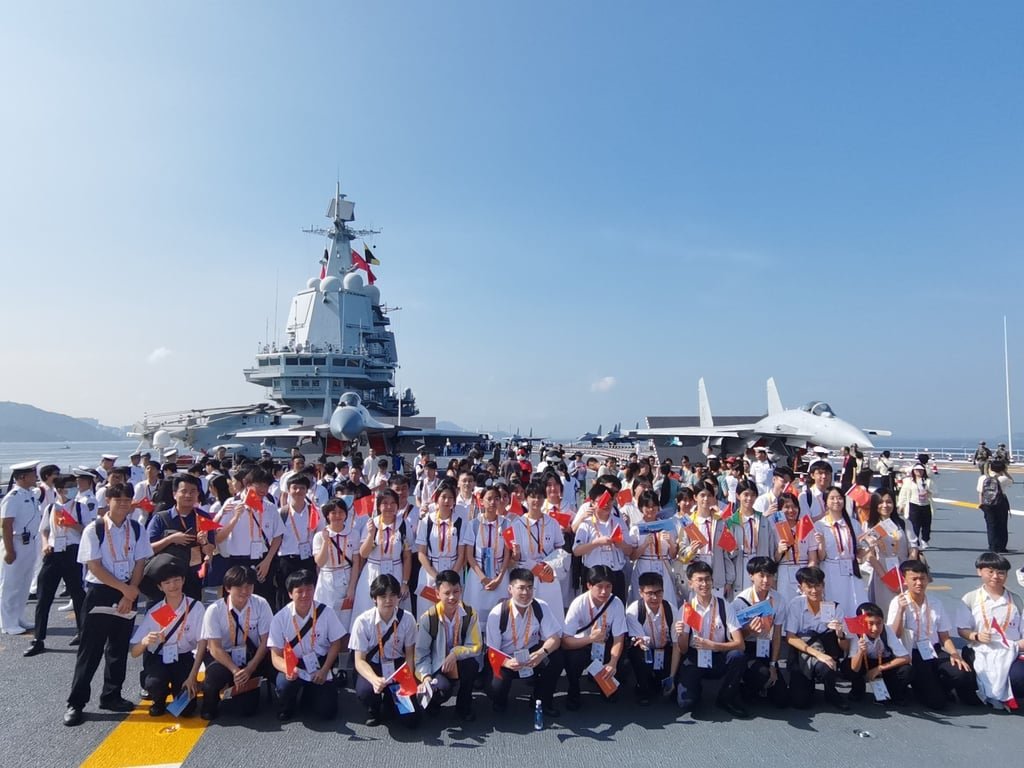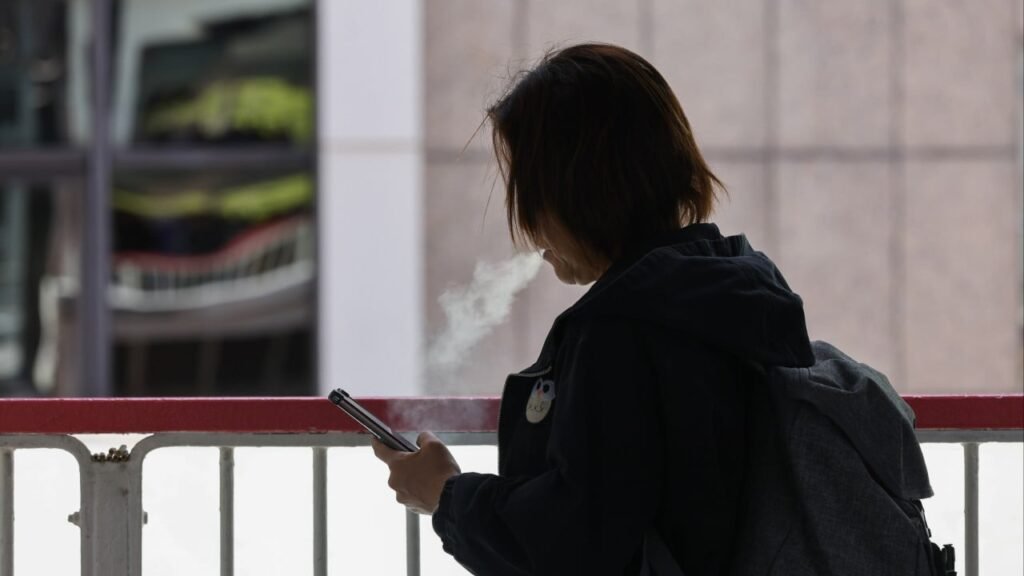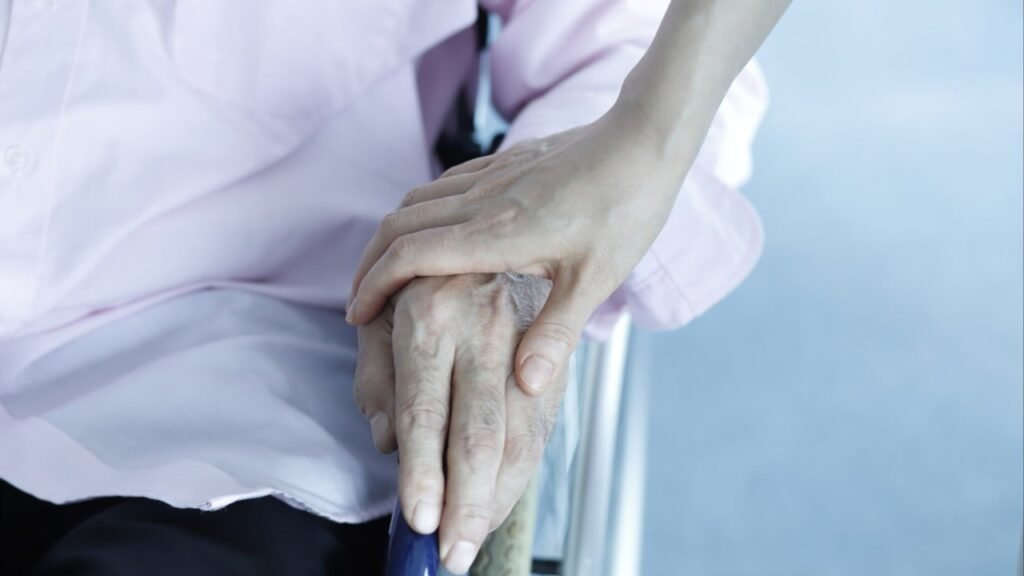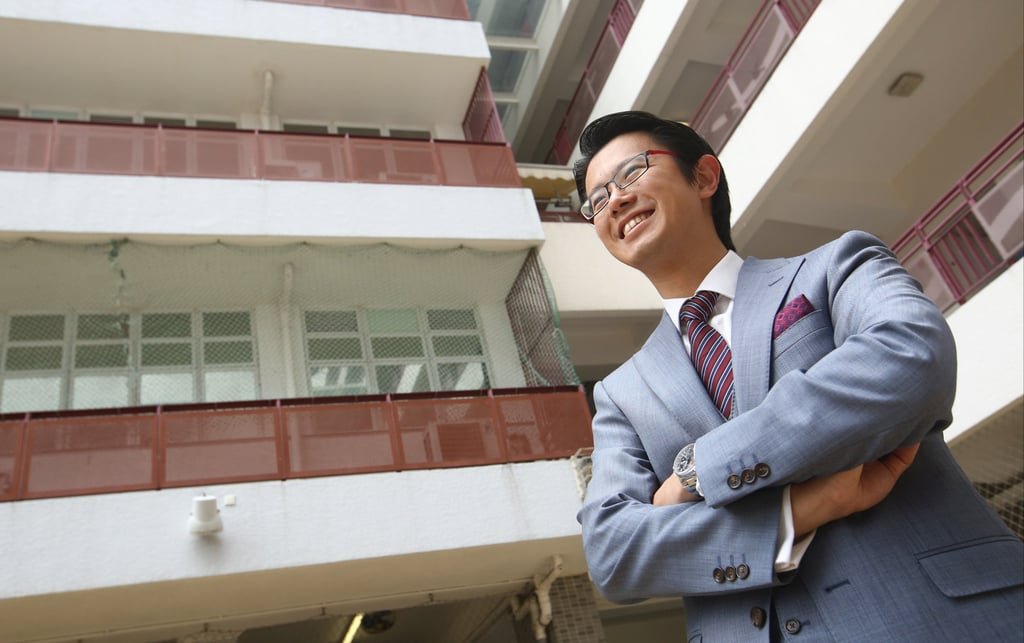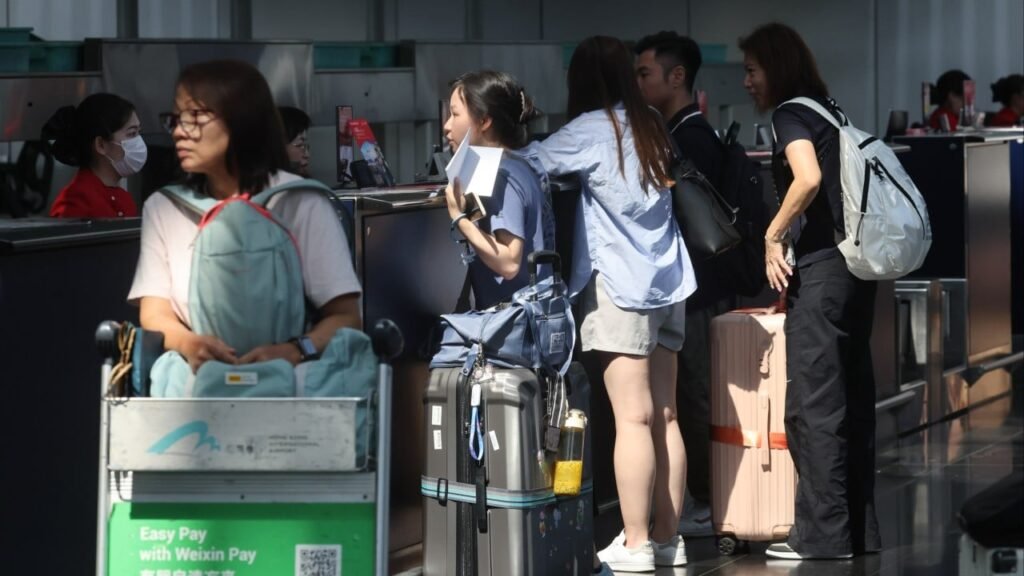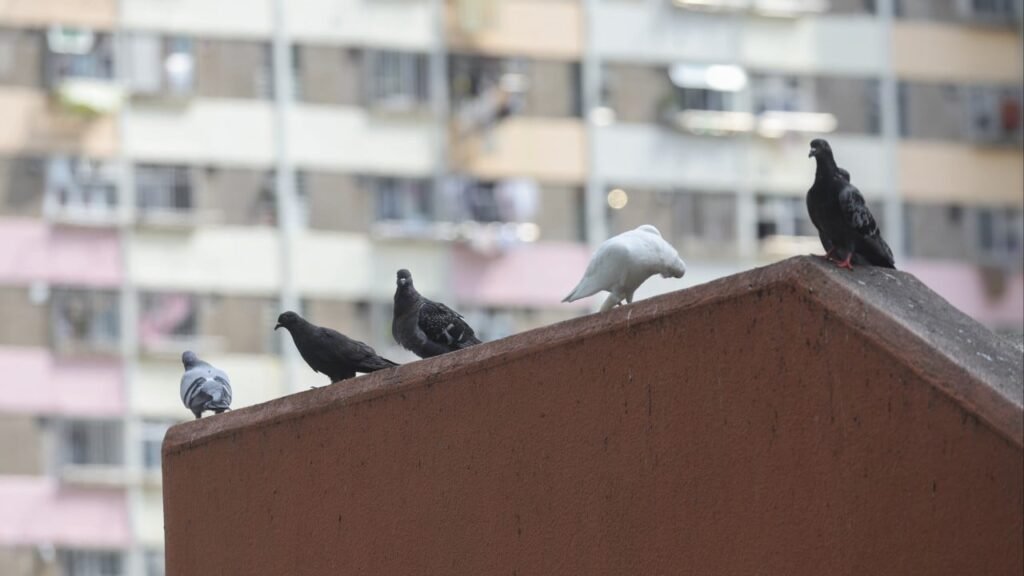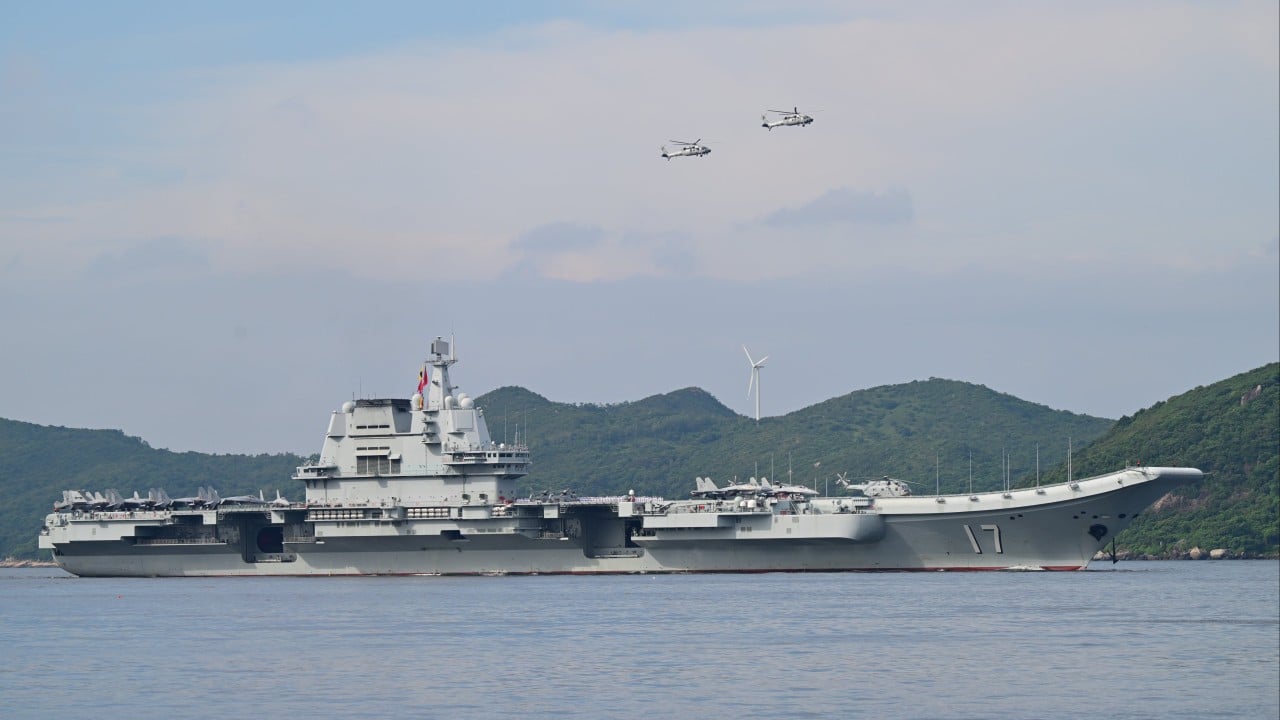
China’s first domestically built aircraft carrier, Shandong, arrived in Hong Kong on Thursday for a five-day port call, sparking excitement and lively discussions about its name and hull number.
The carrier welcomes the public aboard for the first time, with 2,000 fortunate Hong Kong residents securing tickets in less than a minute during the weekend to mark the 28th anniversary of Hong Kong’s return to Chinese sovereignty.
Below, the Post unpacks the stories behind vessel numbers and names.
How does the PLA Navy assign ship hull numbers and names?
The People’s Liberation Army Navy (PLAN) assigns hull numbers based on vessel classification and operational role, according to regulations updated in 1986.
Aircraft carriers adopt simple one-X numbering series, such as 16 for Liaoning and 17 for Shandong, while other major combat vessels typically receive three-digit hull numbers.
Destroyers carry numbers in the 100s, frigates follow the 500s or 600s, while submarines are categorised within the 200, 300, or 400 series depending on whether they are conventional or nuclear powered.
Aircraft carriers and large amphibious vessels take provincial names approved by the State Council, while destroyers and frigates are named after cities by Navy Command.


